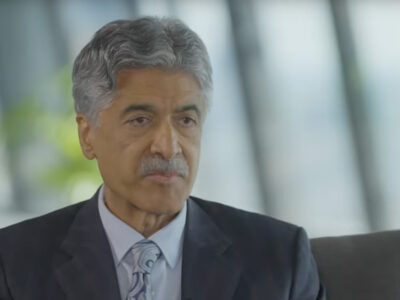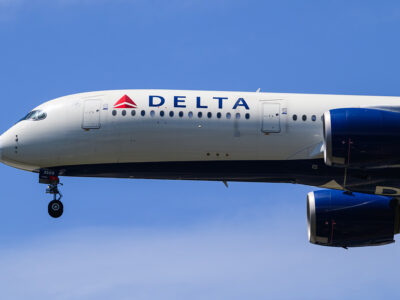Airlines based in the Middle East saw passenger traffic demand grow by more than 10 percent in June, the largest increase for any region in the world.
According to latest data released by the International Air Transport Association (IATA), demand jumped by 10.8 percent in June, reflecting the continued strength of regional economies and solid growth in business-related premium travel.
IATA said in a statement that capacity climbed just 5.9 percent during the month, propelling load factor up 3.7 percent to 82.1 percent.
Globally, IATA announced a modest deceleration in demand growth in June compared to the prior month.
Total revenue passenger kilometres (RPKs) rose 4.7 percent over the year-ago period, which was below the 6.2 percent year-on-year increase recorded in May 2014.
June capacity (available seat kilometers or ASKs) increased by 5 percent, causing load factor to slip 0.2 percent to 81.5 percent, IATA added.
“June traffic growth at 4.7 percent is encouraging even though it is a slight weakening on May’s performance. Earlier signs of a softening in demand are dissipating. While that’s good news there are many risks in the political and economic environment that need careful monitoring,” said Tony Tyler, IATA’s director general and CEO.
“Demand for air travel and the connectivity it provides remains strong. But uncertainty in the global political and economic climate has the potential to negatively impact demand. Risk is today’s reality, whether it’s conflict in the Middle East, sanctions and an impending trade war with Russia, possible default in Argentina or the Ebola outbreak in Western Africa,” added Tyler.
“All have the potential to dent demand. We are optimistic that the industry will still end the year with an improvement in profitability over 2013. But the regional impact of some of these risks will challenge some airlines more than others,” he said.
“One of the biggest regional challenges could be Ebola. Travelers should be reassured that airlines are coordinating closely with the World Health Organization (WHO) and the International Civil Aviation Organization (ICAO),” she added.








